The Sahara Desert is much older than previously thought and was created about 7 million years ago.
The drying of the Tethys Sea (progenitor of modern Mediterranean, Black and Caspian seas) weakened the northern extension of the African monsoon. This led to the aridification of the world’s largest subtropical desert.
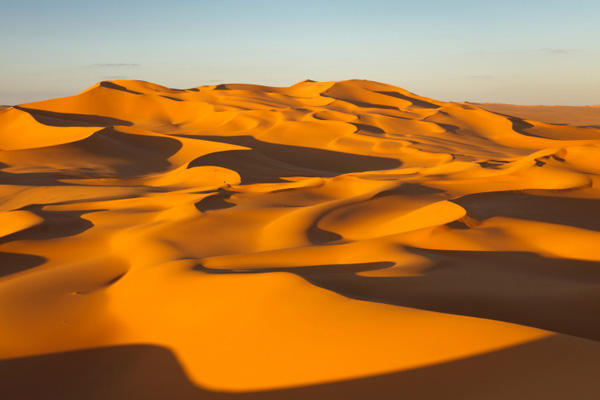
The old theory
It is widely believed that the Sahara is no more than ~2–3 million years (Myr) old. Before that time, north African aridity was mainly controlled by the oscillating African summer monsoon (ASM). Afterwards, the Northern Hemisphere glaciation added an ice volume forcing on the ASM. These findings led to the idea that the Sahara desert came into existence when the Northern Hemisphere glaciated ~2–3 Myr ago.
But aeolian dune deposits ~7 Myr old suggested a much older age, although this interpretation is hotly challenged and there is no clear mechanism for aridification around this time.
The new theory
In the following study, climate model simulations have shown to identify the Tortonian stage (~7–11 Myr ago) of the Late Miocene epoch as the pivotal period for triggering north African aridity and creating the huge desertic area. This new study demonstrates that the African summer monsoon was drastically weakened by the Tethys Sea shrinkage during the Tortonian, allowing arid, desert conditions to expand across north Africa. Not only did the Tethys shrinkage alter the mean climate of the region, it also enhanced the sensitivity of the African monsoon to orbital forcing, which subsequently became the major driver of Sahara extent fluctuations.
The following documentary is long but interesting:
This new research publication, entitled: ‘Aridification of the Sahara desert caused by Tethys Sea shrinkage during the Late Miocene‘, will appear tomorrow in Nature.



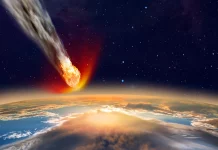
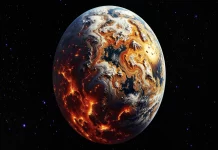
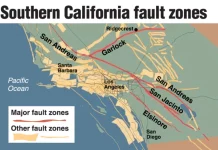
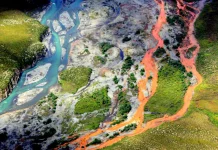


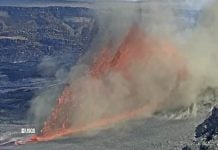



[…] Source: Image1, Image2, Image3, Image4, Image5, Image6, […]
[…] you imagine that? A spot of the giant Sahara Desert was flooded by heavy […]